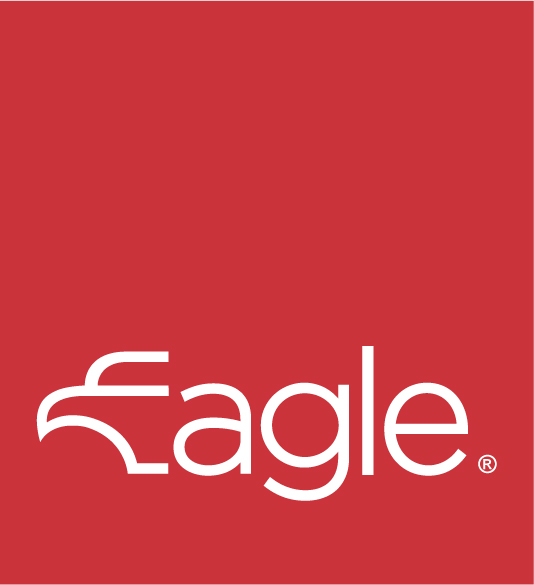Understanding the Term “HACCP Certified”
Hazard Analysis and Critical Control Points (HACCP) is a globally recognised process-based food safety system. It is applied to operations that handle or produce food in order to prevent contamination rather than react to it. Established in the 1960s, it remains a cornerstone of food safety compliance and consumer protection. HACCP audits typically include document reviews, on-site audits to observe working practices and process verification, and follow-up surveillance audits to maintain compliance. These audits assess the factory environment and manufacturing standards to ensure they are food-safe, but they do not certify the food-grade gloves themselves.
However, there is a common marketing misuse of the term “HACCP certified”. HACCP is not a product certification. As mentioned above, HACCP is a system-based food safety standard applied to operations that handle and produce food. In the disposable glove industry, this means gloves themselves cannot be “HACCP certified”—any claim of this is misleading.
Adding to the confusion is the HACCP International certification, an independent certification body that assesses non-food products and services used in food handling. Gloves with this certification have been assessed as suitable for food handling operations governed by a HACCP-based food safety programme. So, while nitrile gloves cannot be HACCP certified—since HACCP applies to processes—they can be HACCP International certified, offering assurance that they meet industry-recognised food safety standards.
The glove manufacturing process at a facility can, however, follow a documented HACCP-based food safety system, especially if gloves are made for direct food contact. In some cases, manufacturers may be certified as operating a HACCP-compliant facility, which is conducted through third-party food safety audits (such as those by SGS)—it does not certify the gloves themselves as HACCP.
Eagle’s FineTOUGH indigo nitrile gloves are produced in a factory independently audited to the BRCGS Global Standard for Consumer Products. BRCGS incorporates the core components of HACCP and evaluates manufacturing practices, hygiene, and quality controls to identify and control hazards. While this certification focuses on the facility and its processes rather than the gloves themselves, it assures that the factory environment and manufacturing standards meet rigorous food-safe requirements.
Do current glove regulations adequately ensure food safety?
Recent research published in the Journal of Food Protection has exposed issues within the glove industry and limitations of existing glove food safety regulations. Multiple examples of chemical, microbial and physical glove contamination have been reported due to manufacturing shortcomings and lax regulatory requirements. Because food-grade handling gloves are not required to be tested for microbial contamination, holes, or defects, and there is no verification on import, it is easy for glove manufacturers to cut manufacturing costs without repercussions. These gaps pose serious cross-contamination risks in food operations.
The Solution
Independent glove testing and verification is further food safety protection against contamination risks. That’s why Eagle Protect developed Delta Zero™, an independent testing program that verifies glove safety, testing for:
- Microbial contamination
- Harmful toxins and chemicals
- Glove durability
We believe a comprehensive food safety system requires verification of every food contact surface, including disposable gloves for food handling, which are often the last point of contact with food products. Eagle Protect’s line of Delta Zero™ verified gloves offers a science-based solution to supply chain safety and glove quality assurance in the food industry.
Ready to ensure your gloves meet the same high standards as your food safety program?



